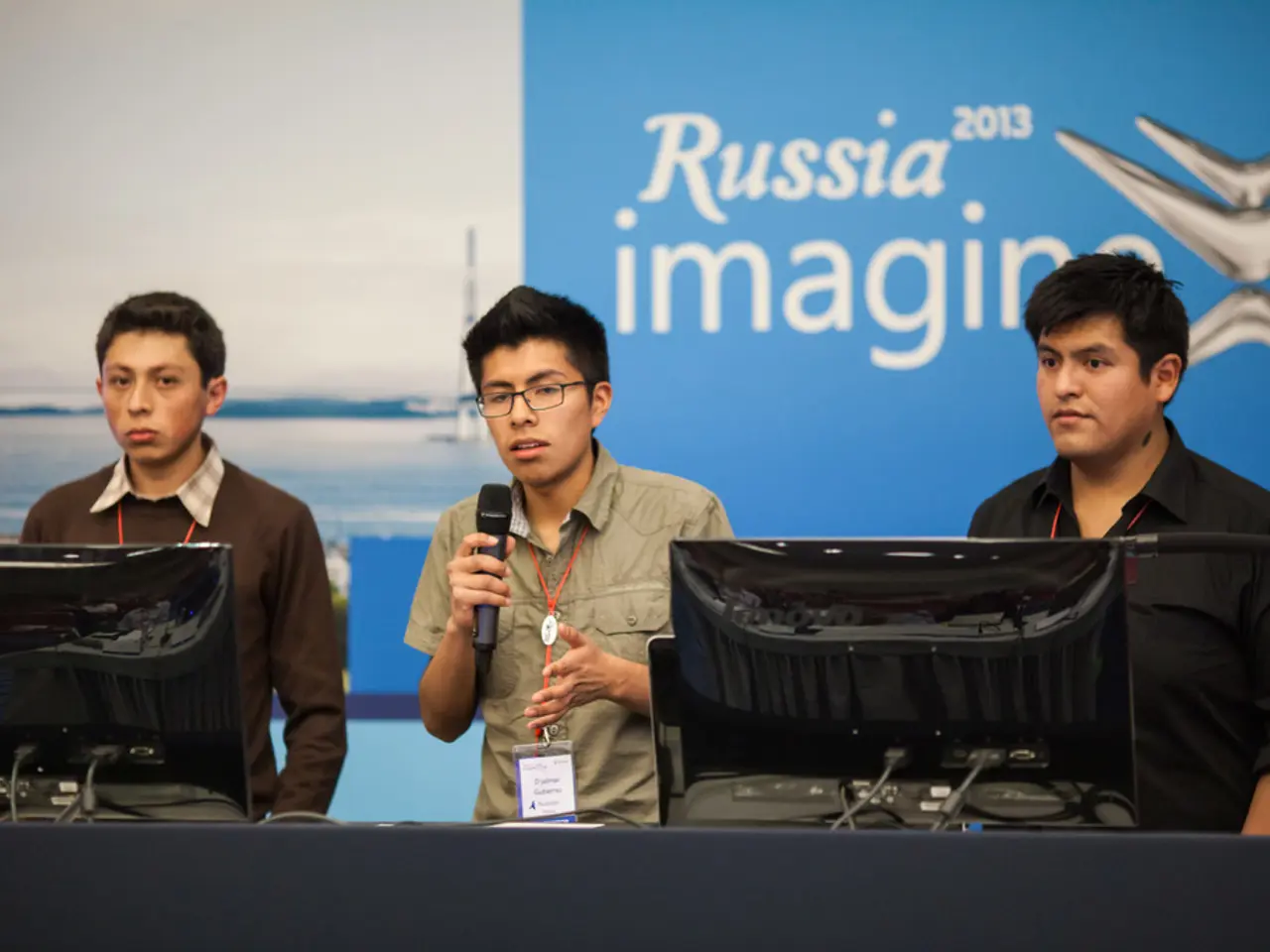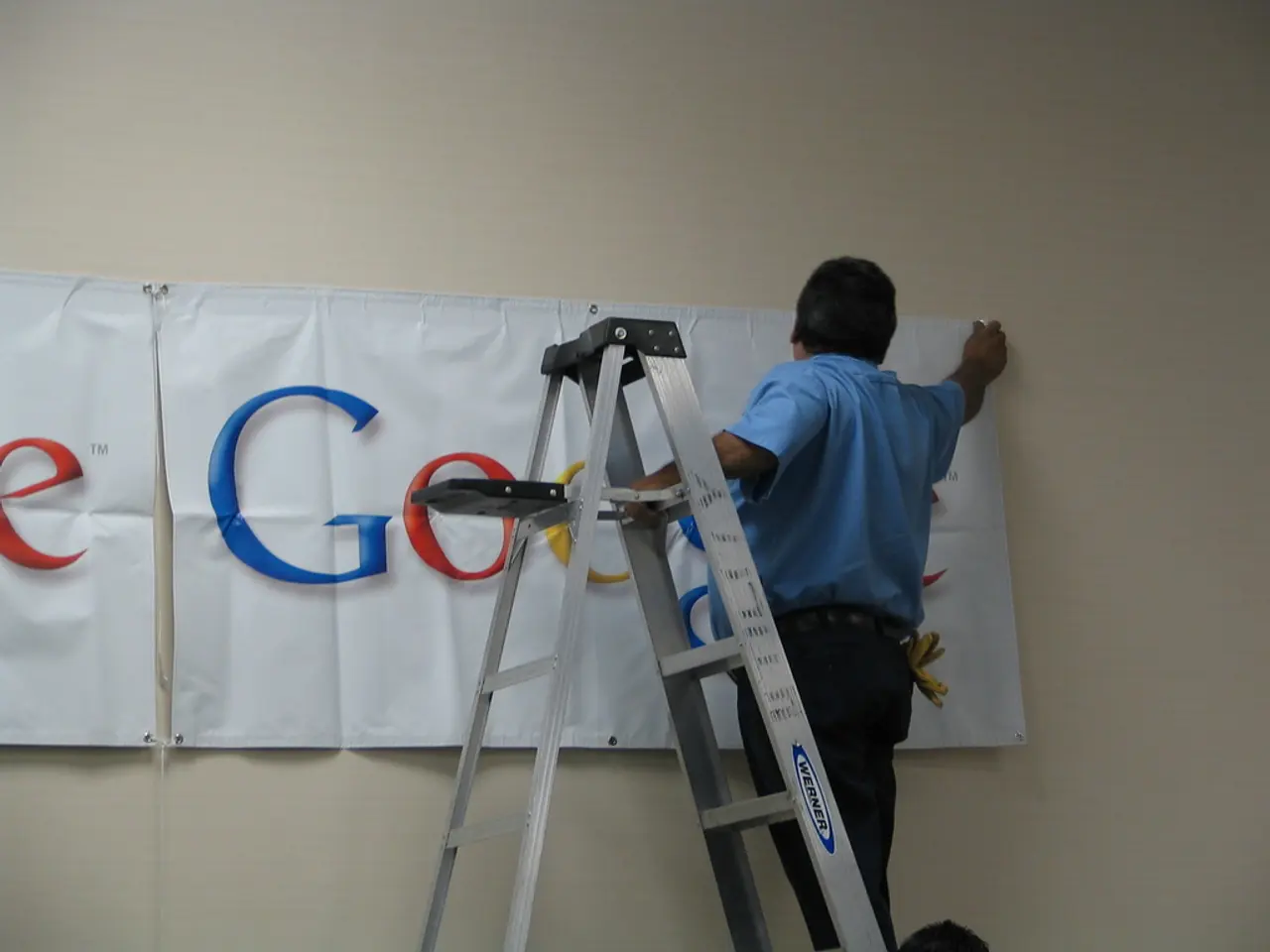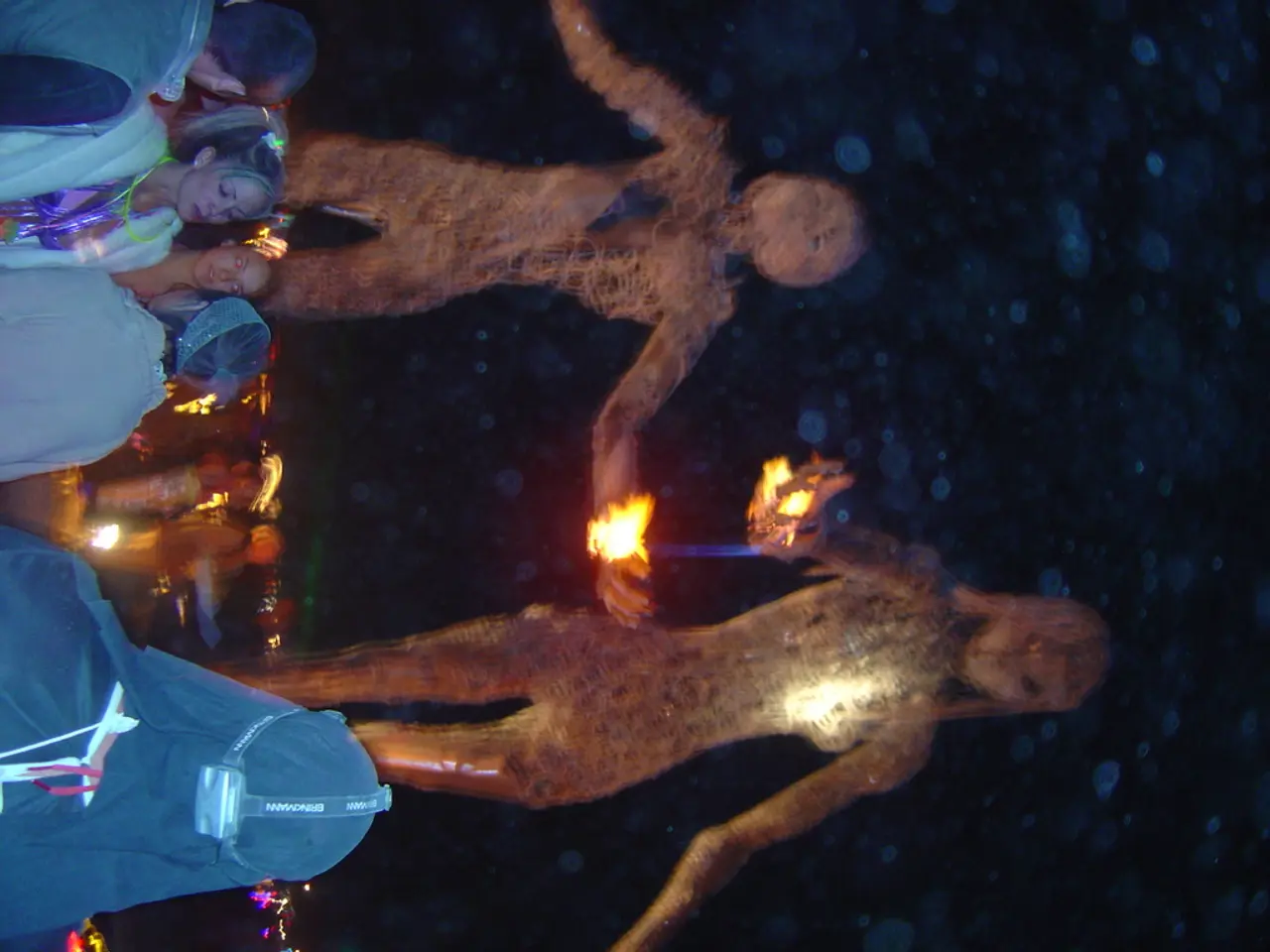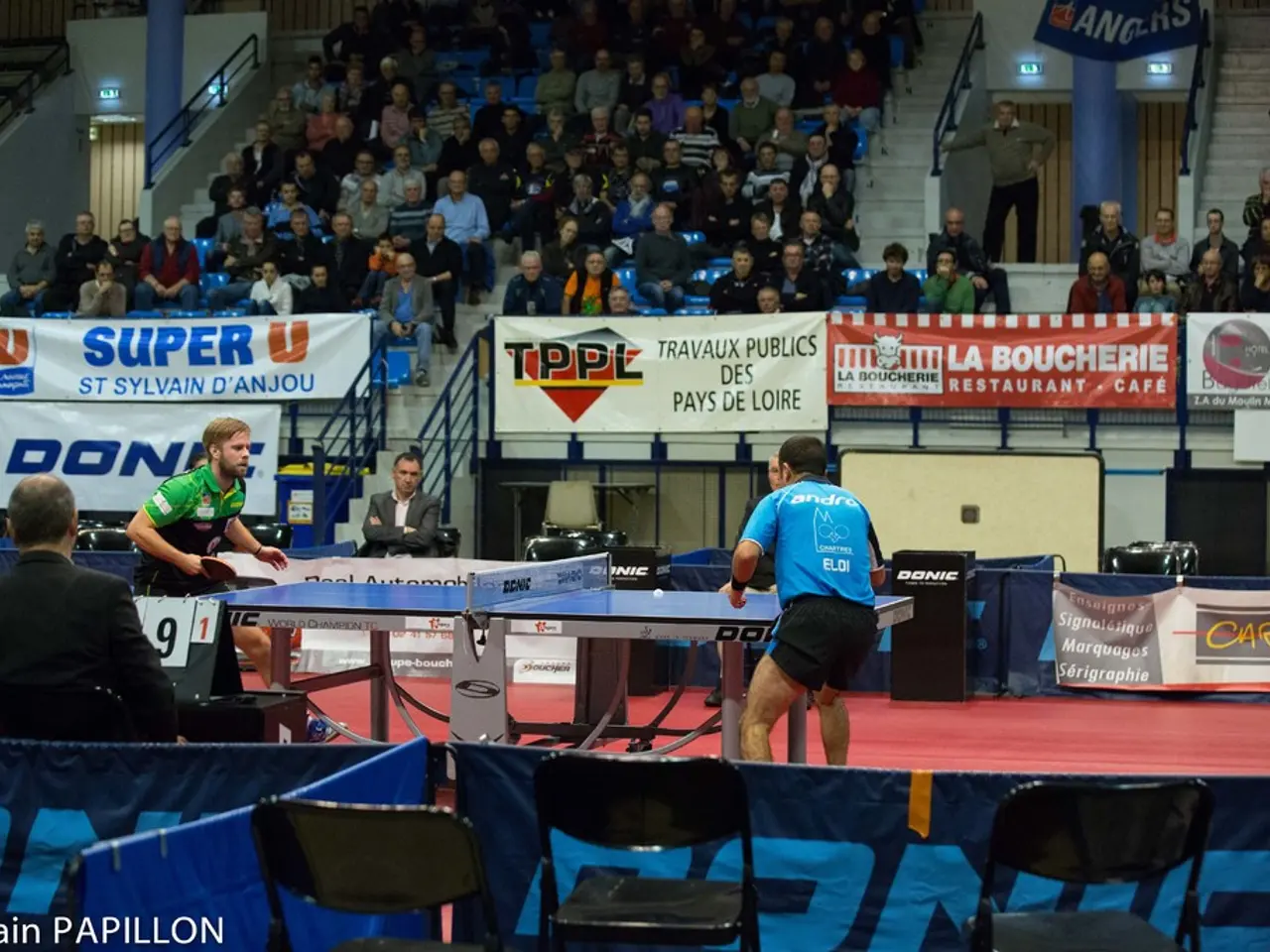In a thought-provoking discussion, an audio interview features Jimmy from Brooklyn, who champions communism as an appropriate ideology.
The historical significance of deception and cheating as weapons in communist ideology can be understood primarily in the context of Cold War espionage and ideological conflict, where such tactics were frequently employed by communist regimes and movements as strategic tools.
1. **Deception as a Strategic Tool in Communist Espionage:** During the Cold War, communist states, particularly the Soviet Union and its allies, extensively utilized deception, spying, and false identities as part of their espionage tactics against capitalist and Western powers. These strategies served to mislead, infiltrate, and undermine adversaries politically and militarily without direct confrontation. Deception was institutionalized within intelligence agencies to gain advantages in global power struggles.
2. **Ideological Justification and Pragmatism:** Communist ideology, rooted in Marxist-Leninist principles, emphasized the struggle against capitalism and Western imperialism. In this ideological framework, deception and cheating were often rationalized as necessary means to an end—the survival and expansion of the communist cause. This pragmatic use of deceit was seen as part of revolutionary struggle and class warfare, where the end justified the means, especially in covert operations, propaganda, and subversion.
3. **Cold War Deception and Global Influence:** Communist states used deception not only in espionage but also in diplomatic and military maneuvers designed to manipulate global perceptions and policy. For example, misinformation campaigns and secret agreements were tools to conceal true intentions and activities, contributing to global tension and mistrust characteristic of the Cold War period.
4. **Contrast with Western Approaches and Reactions:** The West, particularly the U.S., responded to communist deception with its own covert operations, illustrating the pervasive role of deception on both sides of the ideological divide. The use of deception was not exclusive to communism but was a hallmark of Cold War realpolitik.
5. **Intellectual and Moral Critique:** Critics, including some Western intellectuals, have highlighted how communist regimes’ use of deceit contributed to human rights abuses, suppression of dissent, and the erosion of trust domestically and internationally. This manipulation aligned with a broader pattern of totalitarian control and ideological rigidity, which often masked harsh realities behind propaganda and false narratives.
In summary, deception and cheating as "weapons" in communist ideology were historically significant as essential tactics in ideological warfare, espionage, and political survival during the 20th century, especially throughout the Cold War. These methods reflected a broader acceptance within communist praxis that clandestine operations and falsehoods were legitimate tools to achieve revolutionary goals and counter capitalist adversaries. This approach shaped much of the international tension, conflict, and mistrust that defined global politics for decades.
- **Russia's Post-Cold War Deception Practices:** Even after the dissolution of the Soviet Union, Russia has maintained and continued to develop deception tactics as part of its intelligence and military operations. These practices can be traced in various areas, such as cyber warfare, media manipulation, disinformation campaigns, and geopolitical maneuvers, which have impacted general news, politics, and war-and-conflicts Discourses.
- **Philosophical Debates on Deception and Morality:** The employment of deception by communist regimes raises questions about the ethics of such tactics in politics and warfare. Philosophical discussions revolve around utility, morality, and the role of deception in achieving strategic objectives. Some argue that deception can be morally justifiable under certain circumstances, while others contend that it creates moral hazards and fosters a 'cat and mouse' game where trust is lost.
- **Lessons for Contemporary Political Realities:** Understanding historical deception practices can inform contemporary politics and international relations. Lessons from the Cold War may help policymakers and diplomats recognize signs of covert activities, enhance intelligence gathering, establish strategies for addressing deception, and promote transparency in governance.
- **The Ongoing Influence of Deception on Russian Politics:** Russian politics remains a critical arena for analyzing the ongoing use of deception as power strategies, particularly under Putin's regime. Critics argue that Putin's administration relies heavily on disinformation and propaganda to maintain power, justify foreign interventions, and shape domestic policies.







